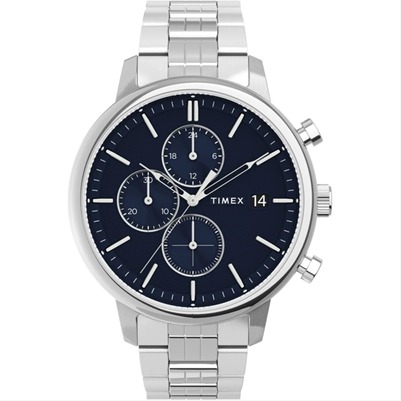Getting into the world of custom clothing business can be a journey. It involves having a grasp of the fashion industry, a sense of style, and an eye for detail. However, like with any business endeavor, there are aspects to consider that can significantly influence your success. This post will delve into the economics of launching a custom clothing business and share insights to help you navigate this field.
Understanding Market Demand
A crucial step in starting any business is identifying your target audience. Grasping their need for your products or services. In the case of a bespoke fashion and custom clothing venture, it’s vital to assess if there is demand for attire.
Market research through surveys and focus groups can help gauge customer interest in your niche. This data will enable you to customize your offerings based on consumer preferences and ensure there is a market for what you offer.
Investing in Quality Materials
When venturing into custom clothing, procuring and investing in top-notch materials is a significant factor. Custom-made garments are expected to excel in craftsmanship and material quality compared to mass-produced apparel items. Investing in high-quality fabrics, trims, and other materials should be a priority.
Although premium materials may come with a cost, they often lead to superior final products that meet customers’ expectations. It’s essential to remember that reputation is important in this industry—providing quality helps build customer trust and fosters loyal relationships.
Establishing Competitive Pricing
Deciding on pricing strategies for bespoke clothing can pose challenges due to labor expenses, material costs, overheads, profit margins, and competitor prices.
To remain competitive while maximizing profits, it’s crucial to think through the pricing model, price skimming. Starting with prices and gradually reducing them. Might be suitable during the phases of building brand loyalty. Conversely, offering promotions or discounts periodically can attract clientele and encourage repeat business.
Effective Inventory Control
Managing inventory efficiently is vital for any business, regardless of its size. For a custom clothing venture, having systems in place for inventory management is critical to ensure seamless production flow.
Adopting in-time inventory practices—where materials are procured only as required—can cut down on storage expenses and reduce the chances of wastage. In addition, incorporating methods for predicting demand can help optimize inventory levels, prevent shortages, and avoid investing much capital in surplus stock.
Enhancing Production Processes
The economic effectiveness of how you produce goods can significantly impact the success of your clothing enterprise. Consider investing in technologies that automate tasks, streamline operations, and boost productivity.
For instance, automated cutting machines can reduce human errors. Increase yield efficiencies. Likewise, computer-aided design (CAD) software can speed up pattern-making. Enable adjustments to meet specific customer needs. By improving production processes, you enhance efficiency and reduce expenses related to labor and material wastage.
Successful Marketing Approaches
An element of a personalized clothing business involves effective marketing strategies to connect with potential customers. Understanding where your target audience is located – whether offline – is vital for creating marketing initiatives that maximize returns on investments.
Use social media platforms like Instagram or Pinterest to display your designs and interact directly with fashion enthusiasts. Collaborating with influencers in the fashion sector can expose your brand to an audience. Participating in trade shows or presenting your products at pop-up shops can further increase visibility in settings.
Consider Customer Service and Aftercare
High-quality customer service and aftercare are essential in sustaining a successful custom clothing business. In a niche market, customer interaction can significantly affect your brand’s reputation and customer loyalty. Personalized customer service helps build a positive relationship with your clientele, ensuring they feel valued and cared for.
Aftercare services such as alterations, repairs, and maintenance advice for the garments can differentiate your brand from competitors. This approach extends the product life, enhances customer satisfaction, and encourages repeat business.
In wrapping up
Launching a personalized apparel venture entails planning as well as a blend of imaginative flair and meticulousness. By recognizing the market’s needs, sourcing top-notch materials, establishing pricing models, maintaining inventory practices, refining production methods, and executing impactful marketing campaigns, you’re on track to building a thriving and lucrative business. Remember that achieving success in this field hinges on harmonizing zeal with acumen.



